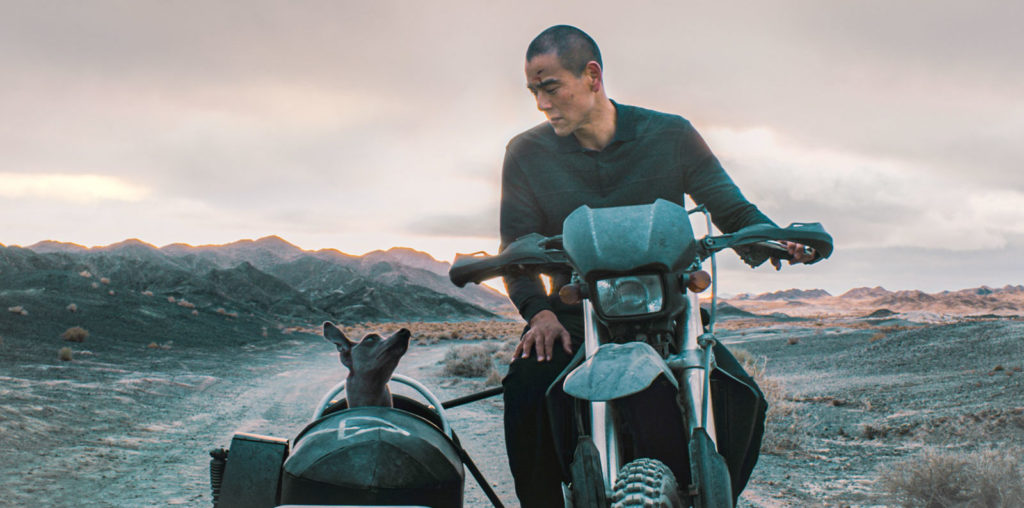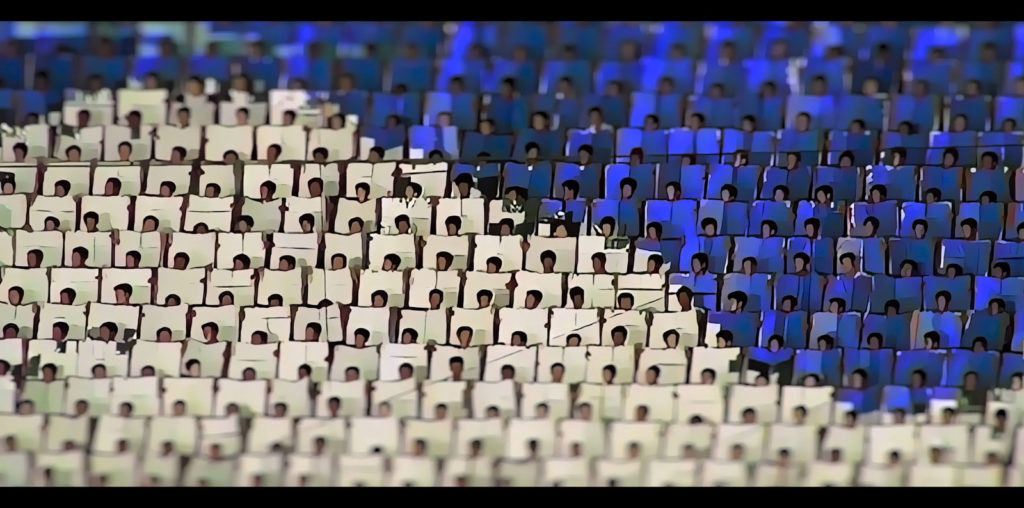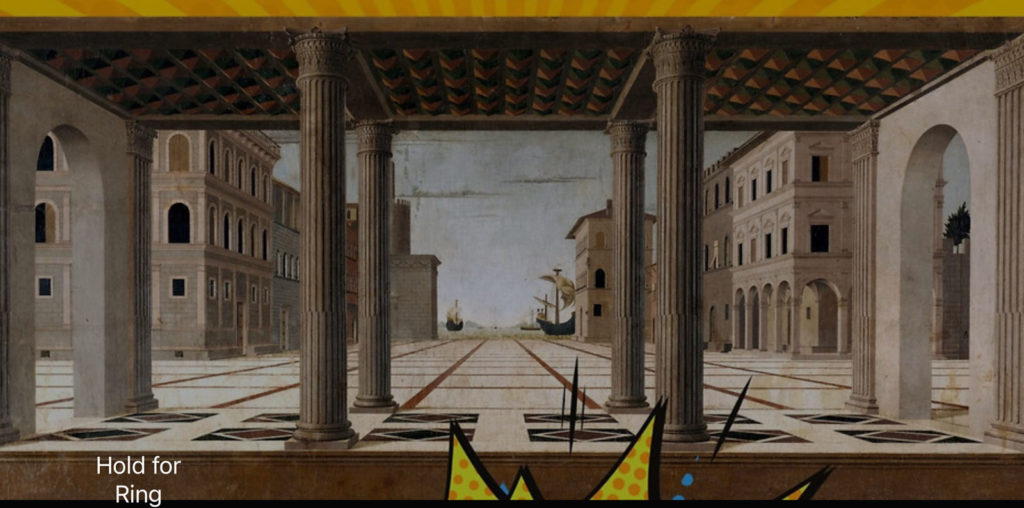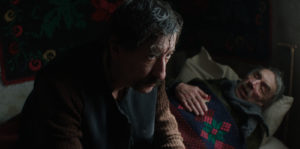
Director Bruno Anković’s debut feature film Celebration (Proslava), based on a novel of the same title by Damir Karakaš, is a nonlinear, complex drama told in four parts about Mijo (Bernard Tomić), a young Croatian who grew up in the remote and rural Balkan region of Lika. Mijo’s innocence is shattered by the harsh realities of war, deprivation, and political turmoil between 1926 and 1945, which was before and immediately after the end of World War II. However, each part of Celebration has a season to connect to a period of time and a foreshadowing.
In the first part of Celebration, it is the fall of 1945. Mijo, a Ustasha soldier, is being hunted down, and he is hiding in the woods without shelter and very little food and water. Mijo’s wife, Drenka (Klara Fiolić), is risking her life to keep him alive with visits to his camp hidden under branches. In what appears to be a dream state, it becomes evident that he is in fear for his life but able to fend for himself in this drastic and unbearable state of existence. As the man versus nature theme becomes apparent, so does Mijo’s life. It is clear that people and place have had to endure a harsh reality wrapped in panic and extreme poverty, living within nature and close to the land that somehow allows for survival.
In the second part, it is 1933 and summer. There is a fight over a piece of bacon, a cow is trying to give birth, and Mijo must get rid of the family dog Gara, who he chains to a tree in the forest for the wolves to find due to a proclamation banning dogs after the dog bit a gendarme. The family is unable to pay a neighbor to shoot Gara. The harsh reality of a changing Croatia has seeped into all parts of life.
Celebration continues into its third part, 1926, when a young Mijo hikes with his father to bring his grandfather to the top of a mountain to die because the family is living in extreme poverty and hunger, foretelling Mijo’s life to come.
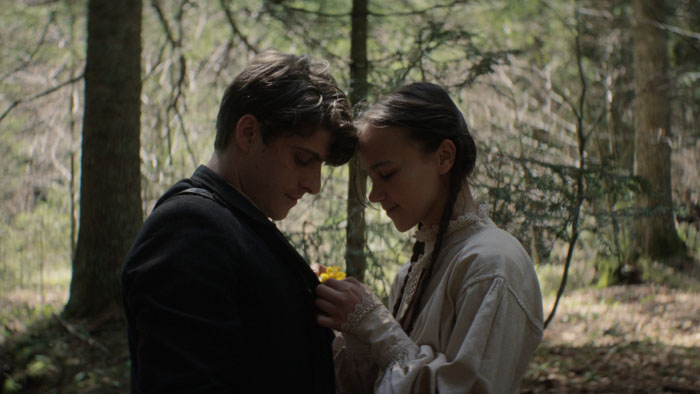
“What appears to be a moment of liberty…is also surrounded by a Nazi regime.”
The fourth part of Celebration takes place in the spring of 1941, and Mijo and then-girlfriend Drenka and her brother Ruda (Nedim Nezirović) set out on a long day hike where they bring a live chicken to kill and eat to join the celebration of the founding of the Independent State of Croatia. What appears to be a moment of liberty with many young Croatians gathered together in their beautiful country is also surrounded by a Nazi regime.
Throughout Celebration, Anković depicts seemingly small focuses, almost all based in nature or human existence, to signify enormous situations that provide a foundation for a larger story that defines Croatia in a historic time that many wish to forget and is often a topic of Croatian conversation.
With sweeping shots of the country rich with greenery and slopes, the sounds of the forest and the stomping and moving in mud and snow create a feeling and sense for the people and Lika. A very intricate story, Celebration provides an insight into a country’s past yet also offers a look at the future and perhaps what is happening in the 21st century. This rough and dark depiction of life is quite different from many other people and regions around the world but hauntingly relevant.
Celebration’s carefully constructed nonlinear format in four parts allows for Lika to be a character providing a context for a frightening period in Croatian history, also bookmarked by documentary footage, in the end, reveals how a past must be understood and remembered to move forward. The authenticity of the structures and the actors acclimating to an extreme rural existence is received well upon the film’s conclusion, especially if unfamiliar with Balkan world history.
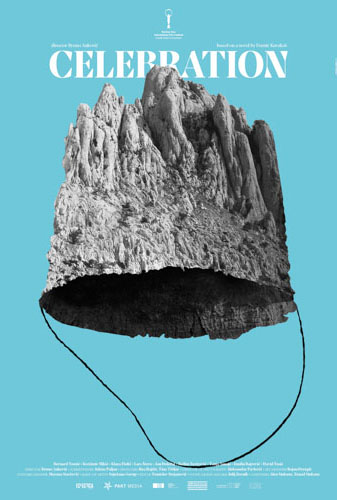
"…harsh reality wrapped in panic and extreme poverty..."
